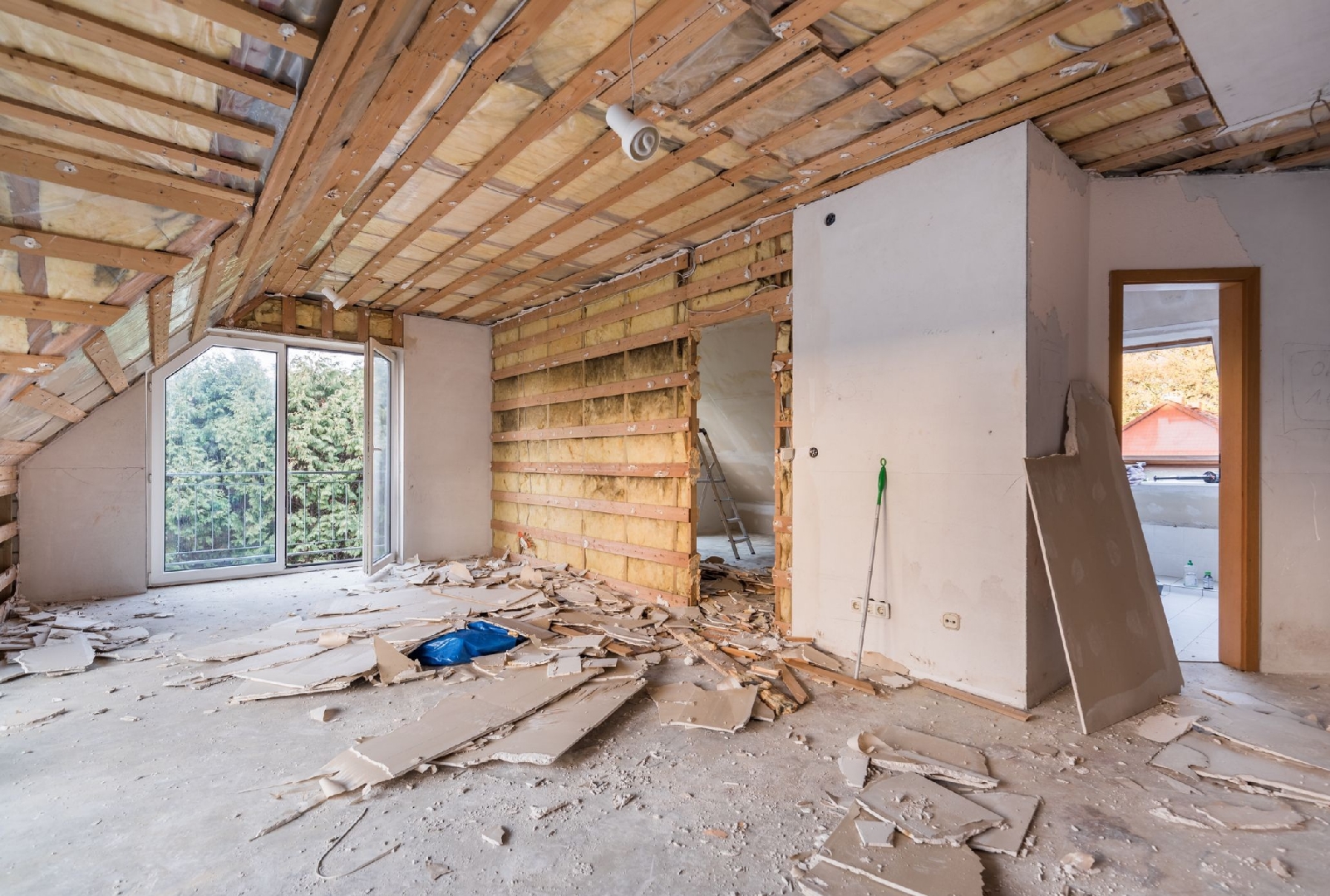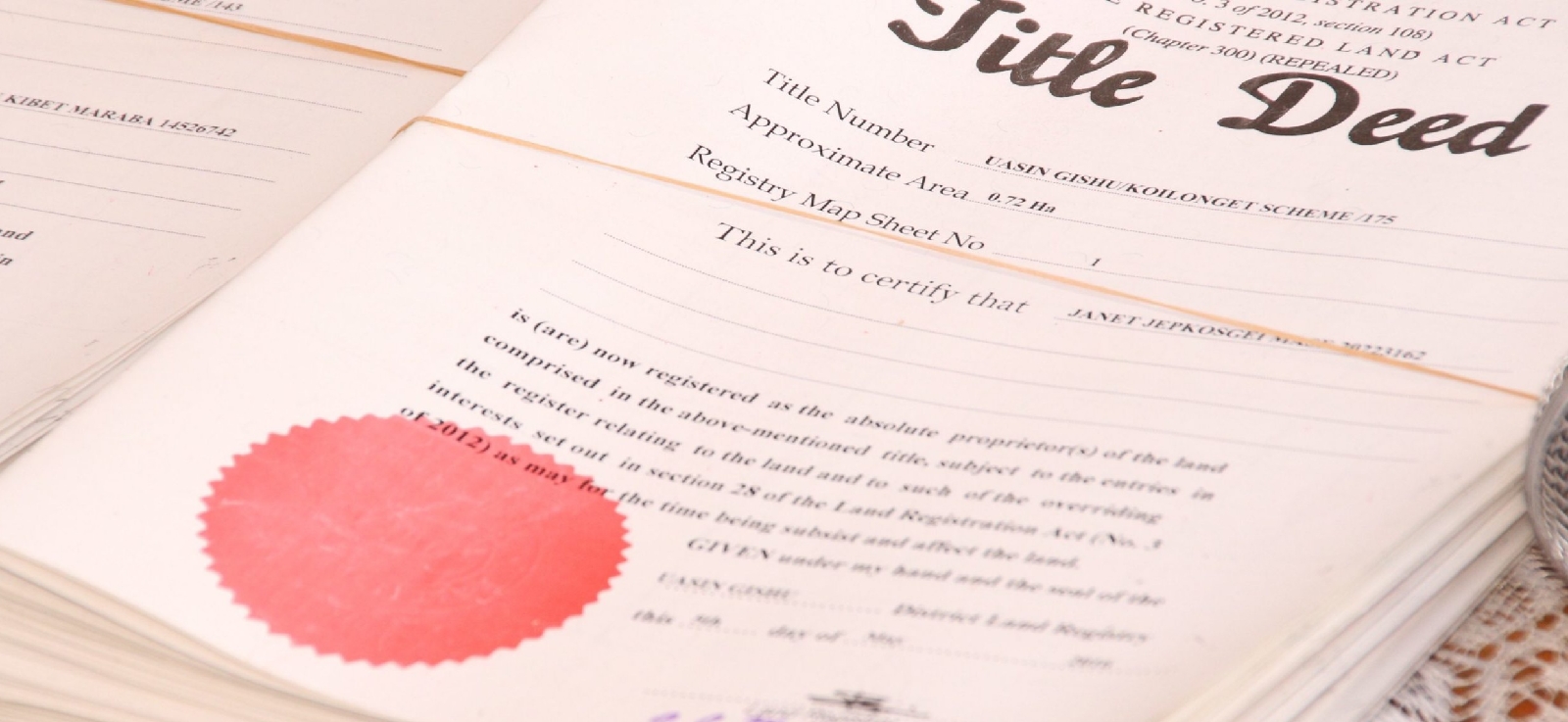1. No Access to Financial Institutions for Funding
If the builder is not registered with the NHBRC, financial institutions will not grant a home loan for the property. This is because NHBRC registration is a requirement for loan approval.
You may struggle to sell the property later, as buyers might face similar financing challenges.
2. No Structural Warranty
The NHBRC provides a five-year structural warranty for defects due to poor workmanship or materials. If your home is built without NHBRC compliance, you lose this protection.
As a homeowner, you bear the cost of rectifying structural defects that arise during this period.
3. Legal and Financial Liabilities
Building without NHBRC-compliant registration is illegal under the Housing Consumers Protection Measures Act (Act 95 of 1998). You could face penalties or legal action.
Non-compliance may also lead to fines or orders to halt construction, delaying or increasing costs for your project.
4. Poor Workmanship
NHBRC-compliant builders must meet specific standards for construction quality. Using unregistered builders increases the risk of substandard work.
If issues arise, you cannot seek recourse through the NHBRC to resolve disputes or force remedial action.
5. Difficulty in Selling the Property
Prospective buyers may require NHBRC certification before proceeding with a purchase. A lack of compliance could reduce your home's market value or make it unsellable.
6. Limited Insurance Coverage
Many insurers require NHBRC compliance before covering defects or damages. Non-compliance might limit your ability to claim under certain policies.
Steps to Ensure Compliance
Always verify that your builder is registered with the NHBRC before starting construction.
Check that your project has been enrolled with the NHBRC.
Retain all documentation related to NHBRC registration and warranties for future reference.
In summary, non-compliance can leave you exposed to financial, legal, and practical risks, emphasizing the importance of adhering to NHBRC regulations.













